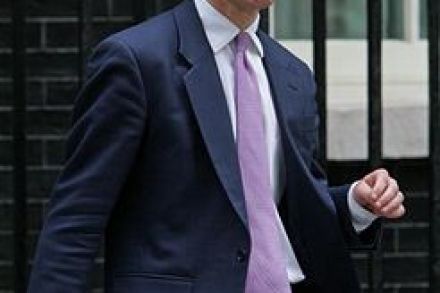Fuel for the fire
On any normal day, a missive from Tim Farron to George Osborne – urging him to axe the planned rise in fuel duty – would be striking enough. On a day when the Lib Dems finished sixth in a by-election, it has a whole lot more piquancy to it. I’m not saying that the Next Lib Dem Leader™ is trying to cause trouble, or even hastening to shore up support. He has, after all, been dutiful in defence of the coalition this morning, and he has been highlighting fuel costs for some time now. But Lib Dem backbenchers clearly have some demands for the government – and now’s the time


















